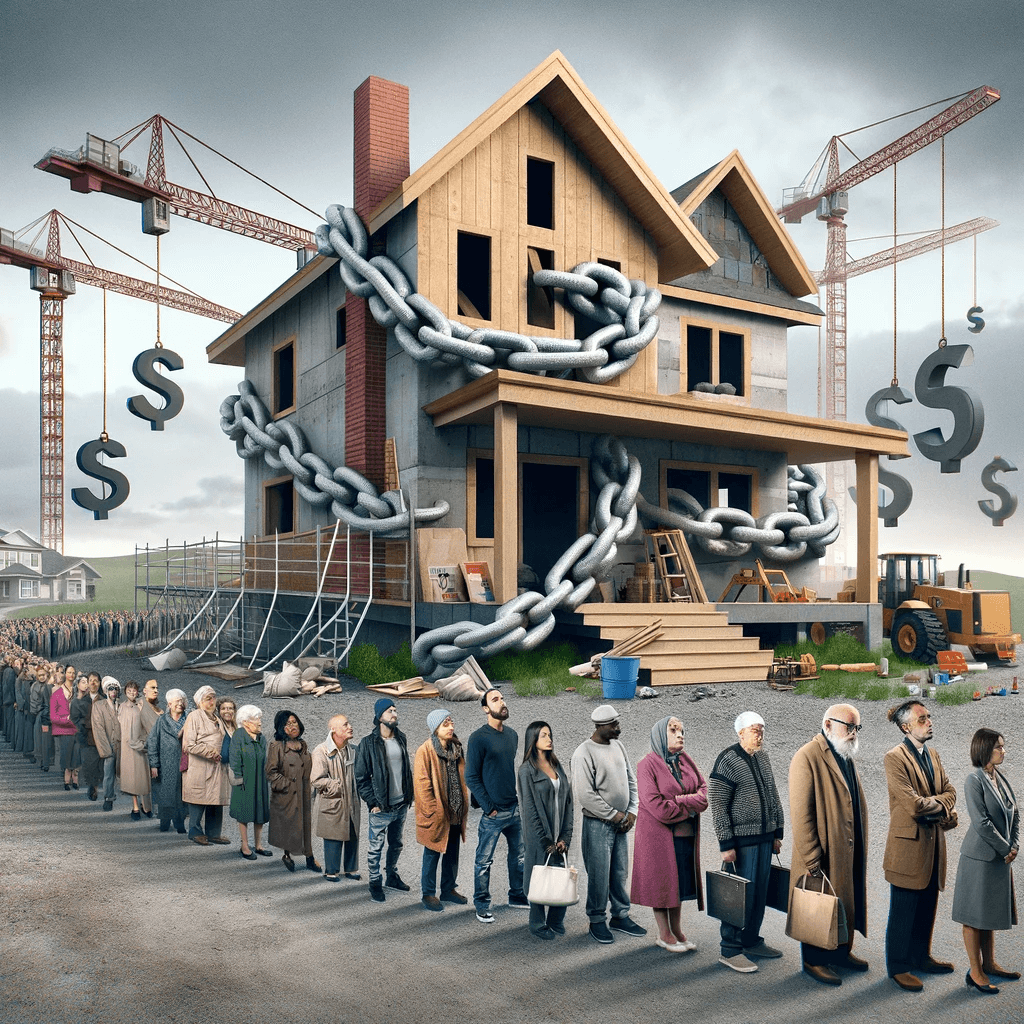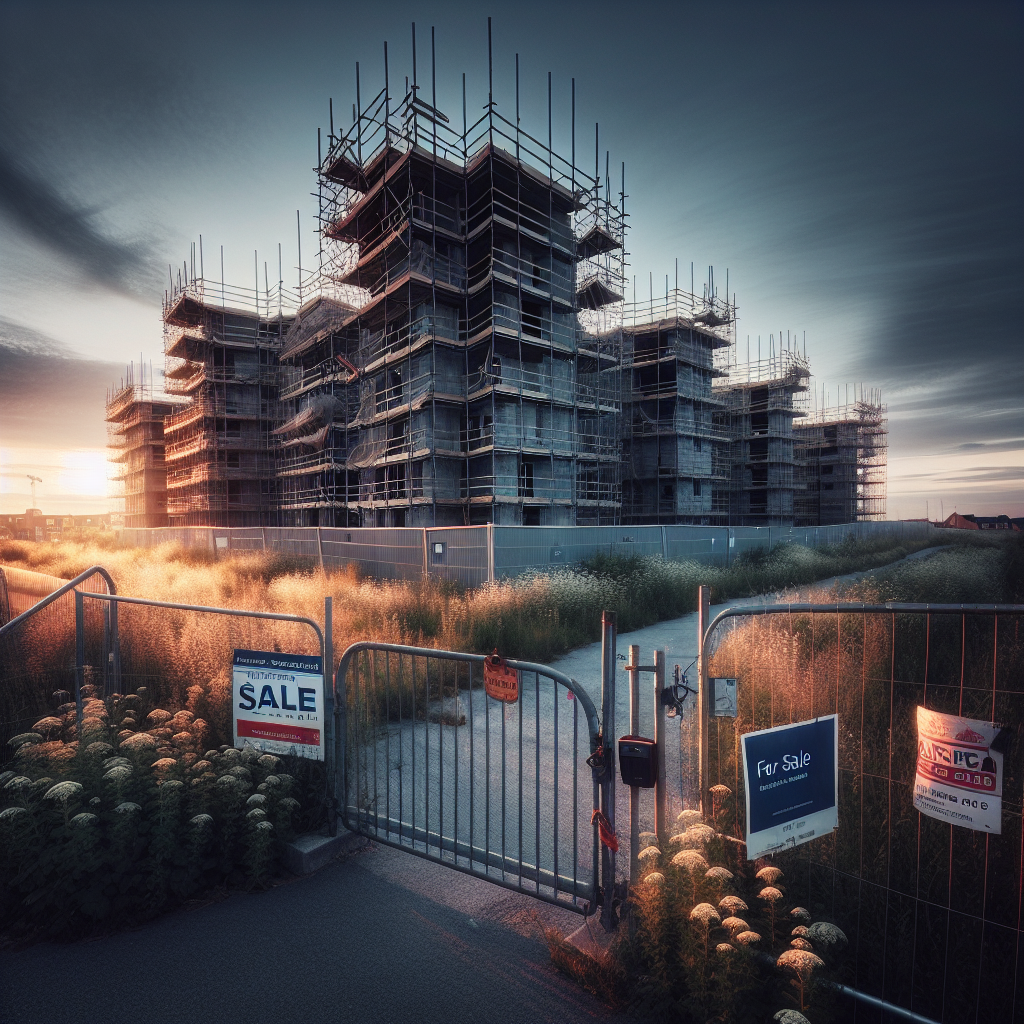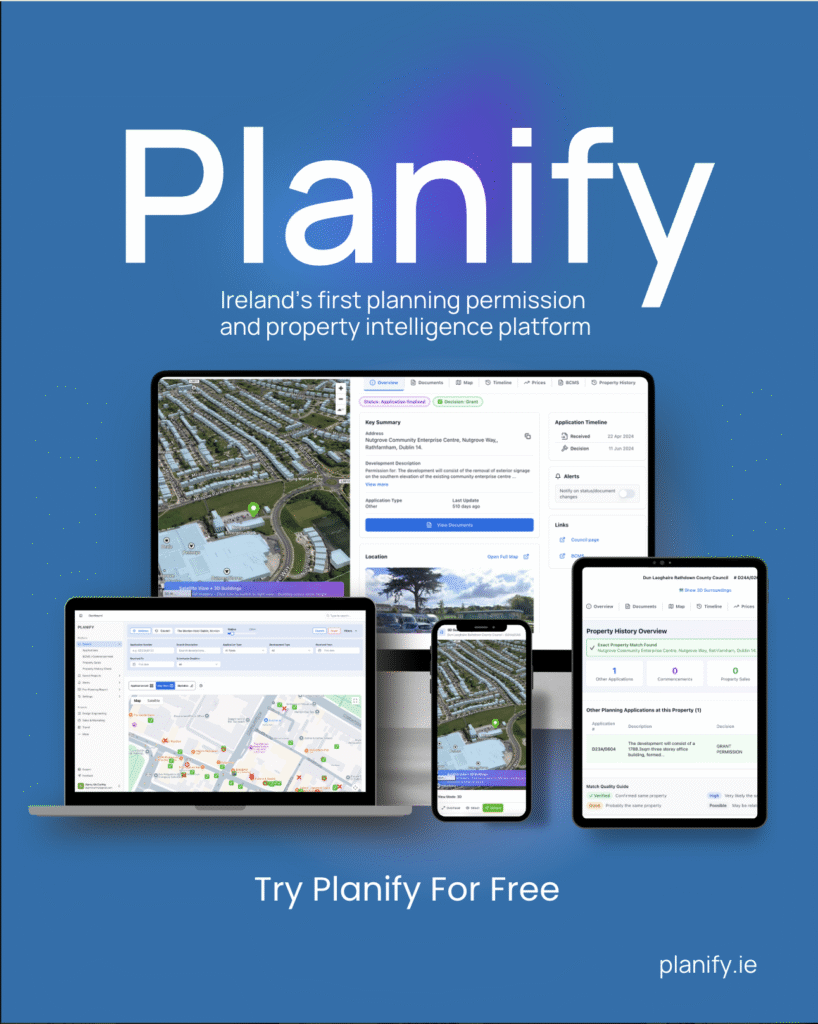Rising Construction Material Costs Exacerbate Housing Crisis in Ireland
The housing crisis in Ireland is being further fueled by the soaring cost of construction materials, according to the Banking and Payments Federation. Inflation in the country reached a peak of 9.5% last year, largely due to disruptions in international supply chains following Russia’s invasion of Ukraine. While the Central Bank predicts that inflation will fall to 2.3% by 2025, the construction sector has been hit harder than other industries.
Brian Hayes, spokesperson for the Banking and Payments Federation, acknowledged the challenges posed by rising costs. Construction costs alone have increased by approximately 23% from the end of 2019 to the third quarter of this year. While some of this increase can be attributed to supply chain issues and the post-COVID environment, it highlights the difficulties faced by individuals trying to enter the housing market.
Despite these challenges, there is some positive news. Last year, Ireland saw the construction of 29,851 homes, and this number is expected to be even higher this year. Hayes pointed out a significant uptick in new housing starts during the first 10 months of 2023, with a 70% increase compared to the same period in the previous year. Moreover, the level of completions for 2024 is projected to exceed 32,000 units.
However, alongside the increase in construction activity, there has also been a notable rise in rents. In 2023, the average rent for new tenancies experienced an 11.6% year-on-year increase. This further exacerbates the challenges faced by those seeking affordable housing in Ireland.
The impact of rising construction material costs is not limited to Ireland. It is a global issue that has been magnified by disruptions in supply chains. As countries recover from the effects of the COVID-19 pandemic, demand for construction materials has surged. This, coupled with supply chain challenges and increased transportation costs, has led to significant price hikes.
To address the housing crisis and mitigate the impact of rising construction costs, the Irish government needs to implement strategic measures. This includes exploring alternative sources for construction materials, such as utilizing more sustainable and locally available resources. Additionally, streamlining the planning permission process and providing incentives for affordable housing developments can help alleviate the pressure on the housing market.
Furthermore, it is essential for construction companies and developers to embrace innovative construction methods and technologies that can help reduce costs and increase efficiency. This may involve adopting modular construction techniques, utilizing prefabricated components, and implementing digital tools and automation.
In conclusion, the housing crisis in Ireland is being further exacerbated by the soaring cost of construction materials. While there has been an increase in housing construction activity, rising rents continue to pose challenges for individuals and families seeking affordable housing. To address these issues, the Irish government should consider implementing strategic measures, such as exploring alternative sources for construction materials and streamlining the planning permission process. Additionally, embracing innovative construction methods and technologies can help mitigate the impact of rising construction costs and improve housing affordability in the long run.







